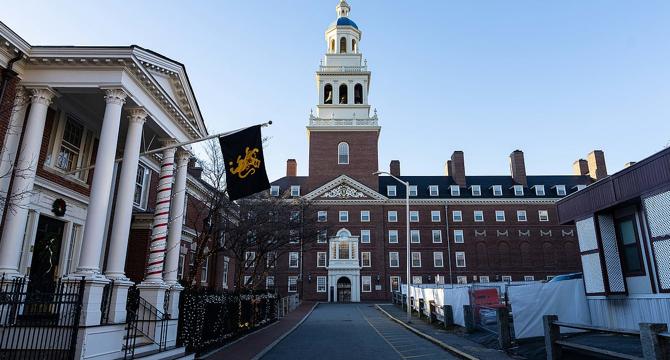Bloomberg Quint
5d
270

Image Credit: Bloomberg Quint
Harvard Refuses To Surrender Independence After Trump Threat
- Harvard University refused to accept a deal with the Trump administration after threats of halting $9 billion in funding, stating it won't surrender its independence or constitutional rights.
- Harvard's lawyers wrote to US agencies that neither Harvard nor any private university can allow the federal government to take over.
- The government demanded new terms including governance reforms, changes to admissions, and curbing power based on ideological views.
- Amid concerns of antisemitism, Harvard challenged the government's intentions and its focus on regulating intellectual conditions at Harvard.
- The White House campaign to impose changes on elite universities has raised concerns about free speech violations and damage to scientific research.
- Garber acknowledged the need to address antisemitism but emphasized Harvard's commitment to independence and stated the university has made significant changes.
- Harvard's resistance has drawn support from Democratic lawmakers while eliciting a call to cut off taxpayer funding from a Republican lawmaker.
- The Trump administration has taken action against other universities, suspending funds and freezing research contracts over various issues.
- Harvard has suspended partnerships, forced faculty leaders to leave posts, and placed student groups on probation amidst the standoff.
- Former leaders and figures, including Larry Summers and Jeff Flier, have expressed support for Harvard's stance against government pressure.
Read Full Article
16 Likes
For uninterrupted reading, download the app